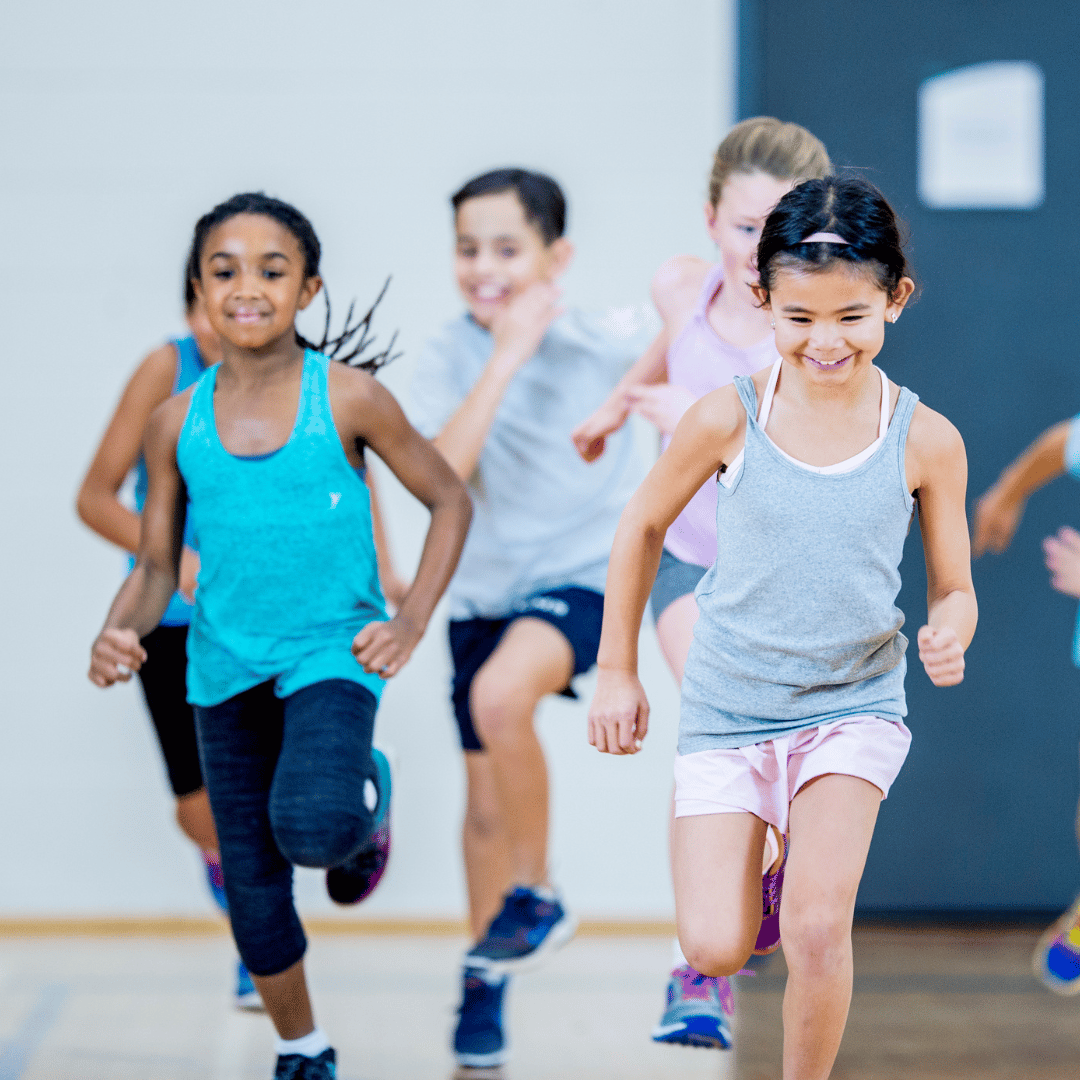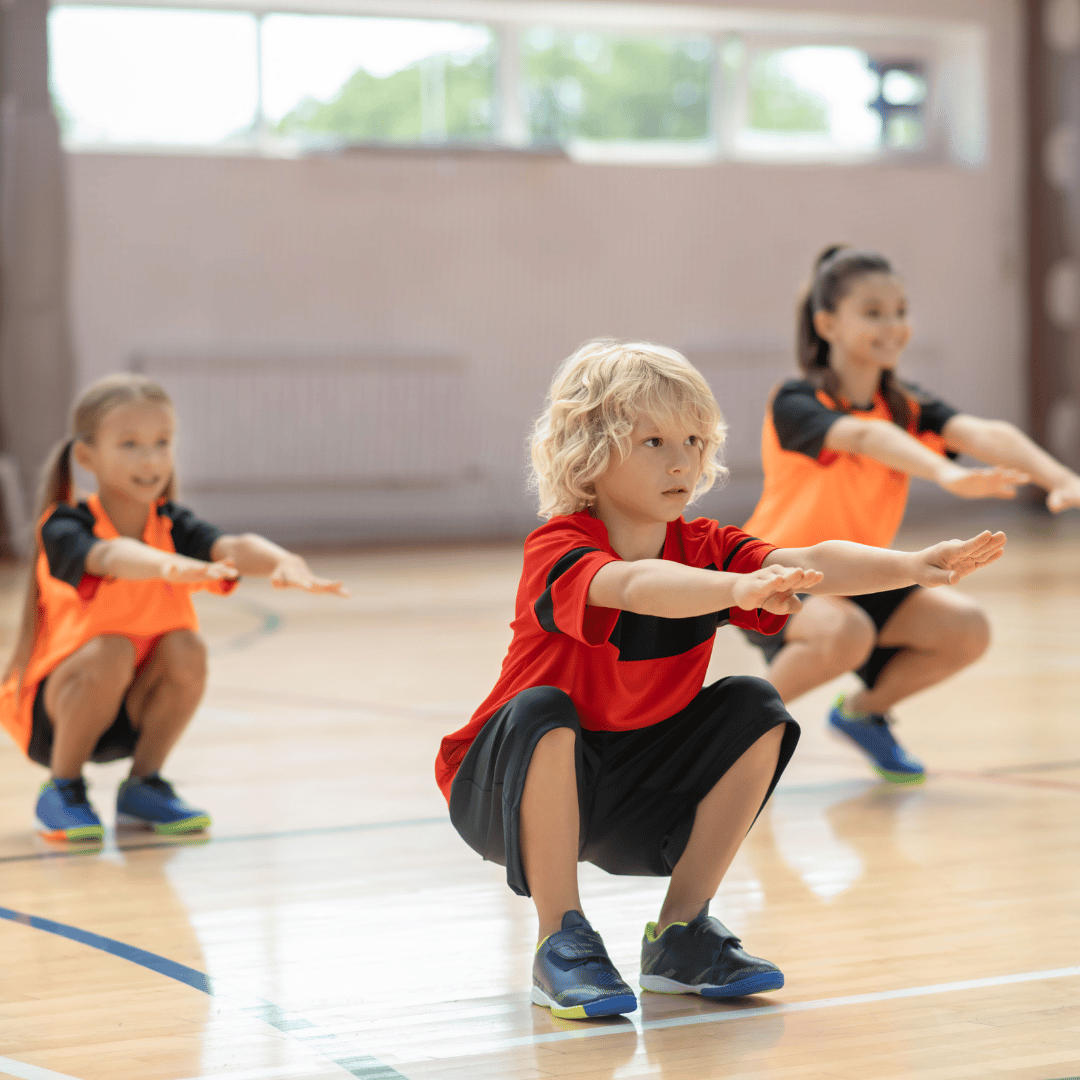Introduction
As parents, we all want our children to grow up healthy and strong. One of the best ways to ensure this is to encourage them to engage in regular physical activity. Exercise not only helps keep kids fit, but it also provides a host of other benefits. In this article, we will explore the physical benefits of exercise for kids and why it is important to make physical activity a part of their daily routine.
The Importance of Exercise for Kids
What is Exercise?
Exercise is any physical activity that requires effort and makes you feel warm, slightly out of breath, and increases your heart rate. It can include anything from running, jumping, dancing, or playing sports.
Why is Exercise Important for Kids?
Regular physical activity is essential for the healthy development of children. Exercise helps them build strong bones, muscles, and joints, which is especially important during their growing years. Additionally, exercise helps to maintain a healthy weight, reduces the risk of chronic diseases, improves mental health, and promotes better sleep.
Physical Benefits of Exercise for Kids
Build Strong Bones and Muscles
Exercise helps to increase bone density and muscle strength, which are crucial for healthy growth and development in children. Activities such as running, jumping, and playing sports are especially effective in building strong bones and muscles.
Improve Balance and Coordination
Physical activity helps to improve balance, coordination, and spatial awareness in children. This is especially important for young children who are still developing these skills.
Reduce the Risk of Obesity
Obesity is a growing problem in children and is associated with a host of health problems. Regular exercise helps to maintain a healthy weight and reduce the risk of obesity.
Lower Blood Pressure
Exercise helps to lower blood pressure, which is important for preventing heart disease later in life. Studies have shown that regular physical activity can lower blood pressure in children and adolescents.
Improve Heart Health
Exercise strengthens the heart and improves cardiovascular health. This is important for children as it helps to reduce the risk of heart disease later in life.
Enhance Lung Function
Regular exercise helps to improve lung function, which is essential for maintaining good respiratory health. This is especially important for children who may have respiratory problems such as asthma.
Improve Mental Health
Exercise is not only good for the body, but it is also good for the mind. It has been shown to improve mood, reduce stress, and alleviate symptoms of depression and anxiety in children.
How Much Exercise Do Kids Need?
The amount of exercise that kids need varies depending on their age and physical abilities. The American Heart Association recommends that children get at least 60 minutes of moderate to vigorous physical activity every day. This can be broken up into shorter bouts of activity throughout the day.
Conclusion
Regular exercise is essential for the healthy development of children. It helps to build strong bones and muscles, improve balance and coordination, reduce the risk of obesity and chronic diseases, and improve mental health. By encouraging your kids to be active every day, you are setting them up for a lifetime of good health.
FAQs
What types of exercise are best for kids?
Any activity that gets them moving and increases their heart rate, such as running, jumping, dancing, and playing sports, is beneficial.
How much exercise do kids need every day?
The American Heart Association recommends at least 60 minutes of moderate to vigorous physical activity every day.
Can exercise improve academic performance?
Yes, studies have shown that regular physical activity can improve cognitive function and academic performance in children.
Is it safe for children to lift weights?
Yes, as long as it is done under proper supervision and with appropriate weights and techniques.
Can exercise help reduce symptomsCan exercise help reduce symptoms of ADHD?
Yes, exercise has been shown to improve symptoms of ADHD, including hyperactivity, impulsivity, and inattention.
In conclusion, regular exercise is essential for the physical and mental health of children. It helps build strong bones and muscles, improve coordination and balance, reduce the risk of obesity and chronic diseases, improve mental health, and promote better sleep. Encouraging your children to be active every day can set them on a path to a lifetime of good health. So, let's make exercise a fun and integral part of our children's daily routine, and watch them grow up healthy, strong, and happy.










Leave a comment
This site is protected by hCaptcha and the hCaptcha Privacy Policy and Terms of Service apply.